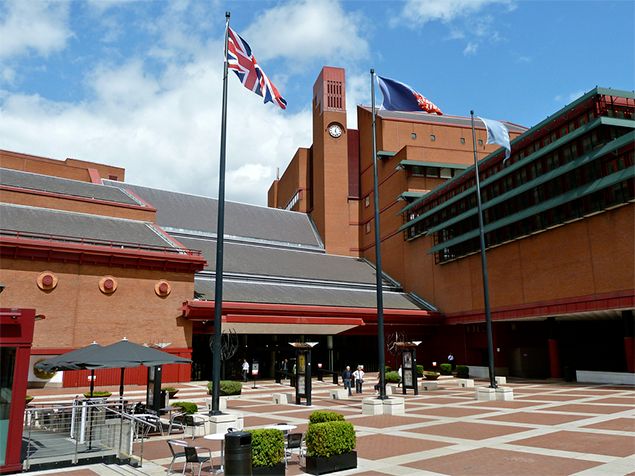The British Library, along with four others, will form a set of "legal deposit libraries" that will carry a complete back-up of everything posted on the internet from the UK.
This will include Facebook status updates and Twitter posts, as well as an estimated billion pages of content stored annually. It is an incredible thought and one that isn't without controversy. The pages will be available for research, including material that is stored behind paywalls such as that of the Times website.
Planning for the back-up has taken 10 years and will see not only the British Library but also the National Libraries of Scotland and Wales, the Bodleian Libraries in Oxford, the University Library, Cambridge and the Library of Trinity College, Dublin all carry the information.
Estimates include 4.8 million websites stored in total, a stunning figure which will continue to grow as more is posted on the web from the UK. At the moment, the British Library is one of only a few true reference libraries around the globe. It carries a copy of every book ever published. The store of web content will further bolster its archive beyond virtually all other libraries in the world.
Interestingly, despite many believing content on the internet to be permanent, it isn't. The British Library's Ben Sanderson explains that already the public has "lost a lot of the material that was posted by the public during the 7/7 bombings", for example.
Part of the launch process has seen the British Library create a survey of the top 100 websites that are vital for historical research purposes.
You can see that list of pages on the British Library's website. A lot of those listed aren't what you might imagine to be particularly important. Fashion blogs, for example, don't seem so highly relevant, but then when you consider the picture they paint of clothing during a time period, they seem more important.
Facebook, Twitter, eBay and Rightmove are all important factors in the back-up, as is Trip Advisor, which will help paint a picture of the British landscape right now. The British Library has also started to ask the public for advice on which websites it thinks are vital to the back-up. Pocket-lint, naturally.
We aren't entirely sure how this information will be accessible or how data from the likes of Facebook or Twitter relates to privacy guidelines, and have contacted the British Library for comment.

